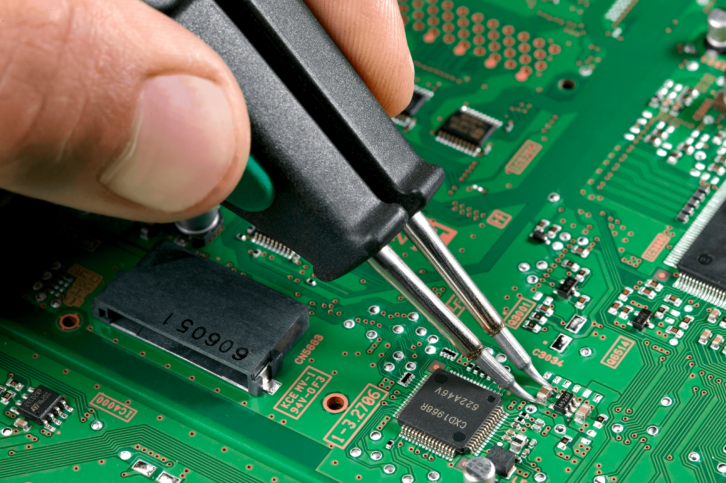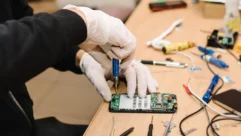
Canada’s federal government released its budget for 2023 last week, and it includes verbiage indicating that the nation aims to bring the “right to repair” to its citizens.
Echoing conversations that are happening across many nations of the world, the chapter in Canada’s budget titled “Making Life More Affordable and Supporting the Middle Class” includes the statement “[the] government will work to implement a right to repair, with the aim of introducing a targeted framework for home appliances and electronics in 2024.”
The proposed legislation aims to save consumers money by requiring electronics manufacturers to provide repairs at a reasonable price, or even lower the cost of the third-party repairs. This would, in theory, allow consumers to save some cash by opting for a repair where they would otherwise be forced to replace the device, which would also result in more electronic waste. The budget states:
“When it comes to broken appliances or devices, high repair fees and a lack of access to specific parts often mean Canadians are pushed to buy new products rather than repairing the ones they have. This is expensive for people and creates harmful waste.
Devices and appliances should be easy to repair, spare parts should be readily accessible, and companies should not be able to prevent repairs with complex programming or hard-to-obtain bespoke parts. By cutting down on the number of devices and appliances that are thrown out, we will be able to make life more affordable for Canadians and protect our environment.”
Also included in the budget is the information that the government is looking into options to mandate a standard charging port for electronics, much like the EU has done. Most notably, this would put further pressure on Apple to abandon their proprietary lightning port for the more common USB-C charging port. The budget states, “[the government] will work with international partners and other stakeholders to explore implementing a standard charging port in Canada…Every time Canadians purchase new devices, they need to buy new chargers to go along with them, which drives up costs and increases electronic waste.”









